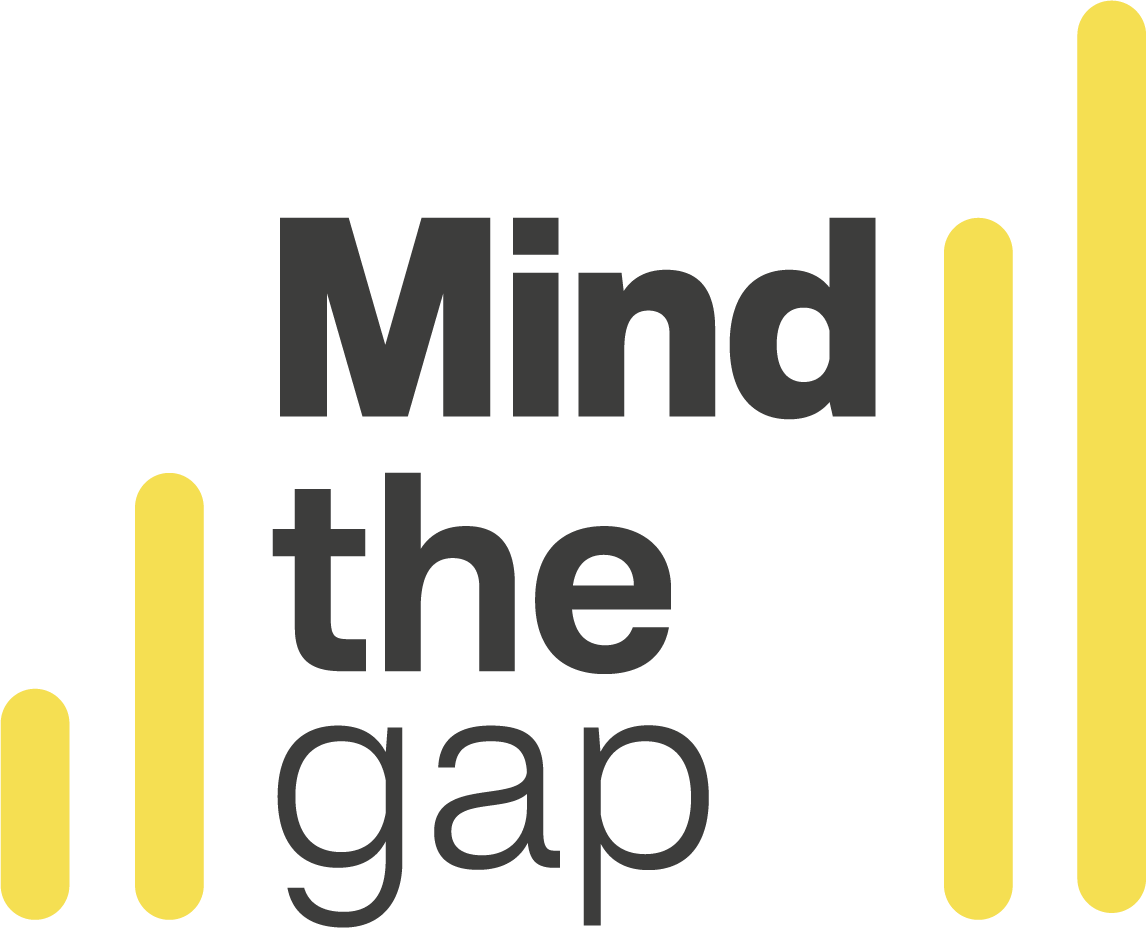Co-creating digitally across borders with the Global Science Opera
Artists might not have a seat at the COP-table, but nonetheless have the ability to transmit important messages about environmental challenges. According to a recent article in The Conversation, “Artists are uniquely able to add meaning and generate empathy and perspective to the tangled web of climate discourse”. But what about children? Do they have a platform where they can communicate their thoughts and feelings about their own future? And do we listen to them?
The Global Science Opera provides a platform where young people can express themselves artistically about topics they care about or are intrigued by. Driven by their curiosity, fueled by their creativity, and shared on the world-wide stage of the internet.
But let's start at the beginning. What is the Global Science Opera (GSO)?
GSO: Informed by science and inspired by the arts
Global Science Opera is the first initiative in history to envision, produce and perform operas as a global community (globalscienceopera.com). Originally designed to increase interest in science education, GSO brings together around 500 students and pupils, from kindergarten to university level, once a year to create and perform scenes in collaboration with teachers, artists and scientists. The initiative is an innovative approach to transdisciplinary education, informed by science and inspired by the arts.
Nature doesn’t produce any waste – so why should we? Sustainability as one of the main pillars of the Global Science Opera is inspired by nature itself, an ecological worldview that acknowledges the intra-dependency we humans have with nature. We are not part of nature, we ARE nature, totally dependent on our surrounding co-nature.
By implementing ecological sustainability into the GSO, we are actively working to equip students with tool boxes full of skills and knowledge to meet an uncertain future.
How GSO integrates sustainability
© Motiejus Kurmis
We have two main approaches to integrating sustainability:
Sustainability as a concept
The operas themselves are conceptually based on an overarching scientific topic, some of which are directly connected to the UN’s Sustainability Goals. Moon Village was connected to industry, innovation and infrastructure. Energize, which focused on affordable and clean energy. One Ocean used Ocean Literacy to give a wide angle on life below water.
This year's opera was based on the UN's Decade of Ecosystem Restoration, and the title Thrive inspired by eco-philosopher Arne Næss' quote "All life has equal right to live and thrive". Participants created a strong statement on protecting, restoring, and preserving nature and ecosystems. Instead of the traditional classroom with desks and whiteboards, students went outside, exploring, basing their scenes on their local ecosystems.
Sustainability as a practice
We have two main practices – Ecoscenography and the Eco-art Gallery.
Ecoscenography is the non-performative artistic expressions that support the performative scenes, such as the set, costumes, props etc. We have developed a model for how to integrate sustainability into all areas of performance-productions alongside teaching materials, and host workshops in addition to monthly online common sessions to empower teachers using this approach.
The Eco-art Gallery came about more or less on its own, as students created artwork that was inspired by scientific topics but didn’t necessarily fit the needs of the performance. More importantly, not all students can or wish to be center-stage, and there are many ways to communicate a message in an artistic manner. The transdisciplinary nature of the GSO is a great advantage when working with ecological sustainability and design. Creativity, curiosity and experimentation are important and so are the knowledge and skills specific to both science and arts. The goal here is not to make all students designers or artists, but to introduce them to a more sustainable way of life, help them discover how creativity and artistic expression can enhance their lives, and empower them when they have something important to say regarding their own future. By using their whole being, students engage and express their thoughts and feelings through the art they are creating.
Working together digitally throughout the pandemic
Digital tools have always been an essential part of the GSO. Production and sharing of the scenes and final opera has always taken place online, and communication has mainly been digital. Over the past two years, however, dependence on digital tools has influenced and affected the production. Lockdowns, social distancing, and other restrictions, such as rules against singing in schools, have affected the production process and possibilities.
Schools had different solutions to these challenges. Given the ecosystem topic, it made sense both on a pedagogical and practical level to be outside. First exploring the local ecosystems, later to create and perform outside, with natural surroundings as scenography. Other schools, which were totally closed for the entire year, chose other solutions. One country had all their participating students create their own costumes and scenography at home, where they also filmed. Ten different mobile-camera-films, edited together into a collage of a coherent scene. This required basic digital skills from the performers and some more skills from the editor. This requires a new set of skills from the participants, from the timing of their lines, to knowing where to look to react on another student's line in another square in the final edit.
Literally moving closer to nature in the production of the scenes for Thive, combined with the creative use of digital tools, has increased our experience and knowledge and it has enhanced our empathy with nature, with non-human life. Finally, it has given a world-wide, digital platform to young people where they can raise their voices and address their concerns in creative, science-based, artistic expression.
Janne Robberstad, Global Science Opera Production Manager, Western Norway University of Applied Sciences


